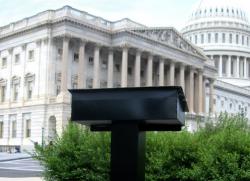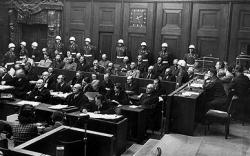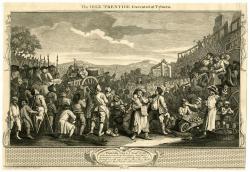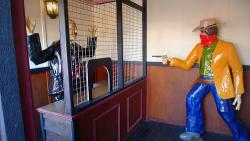
I’m teaching an upper-division rhetorical theory course about legal rhetoric that requires students to write a 2,500-4,000 word research paper in which they rhetorically analyze two or more opposing arguments regarding an evidentiary controversy in a forensic dispute (typically this will be a trial or similar proceeding), and critique or extend a particular theory of forensic rhetoric as it applies to the rhetorical analysis they provide. This is a staged writing assignment that begins about a thirdd of the way through the semester and is concluded at the end of the semester.




